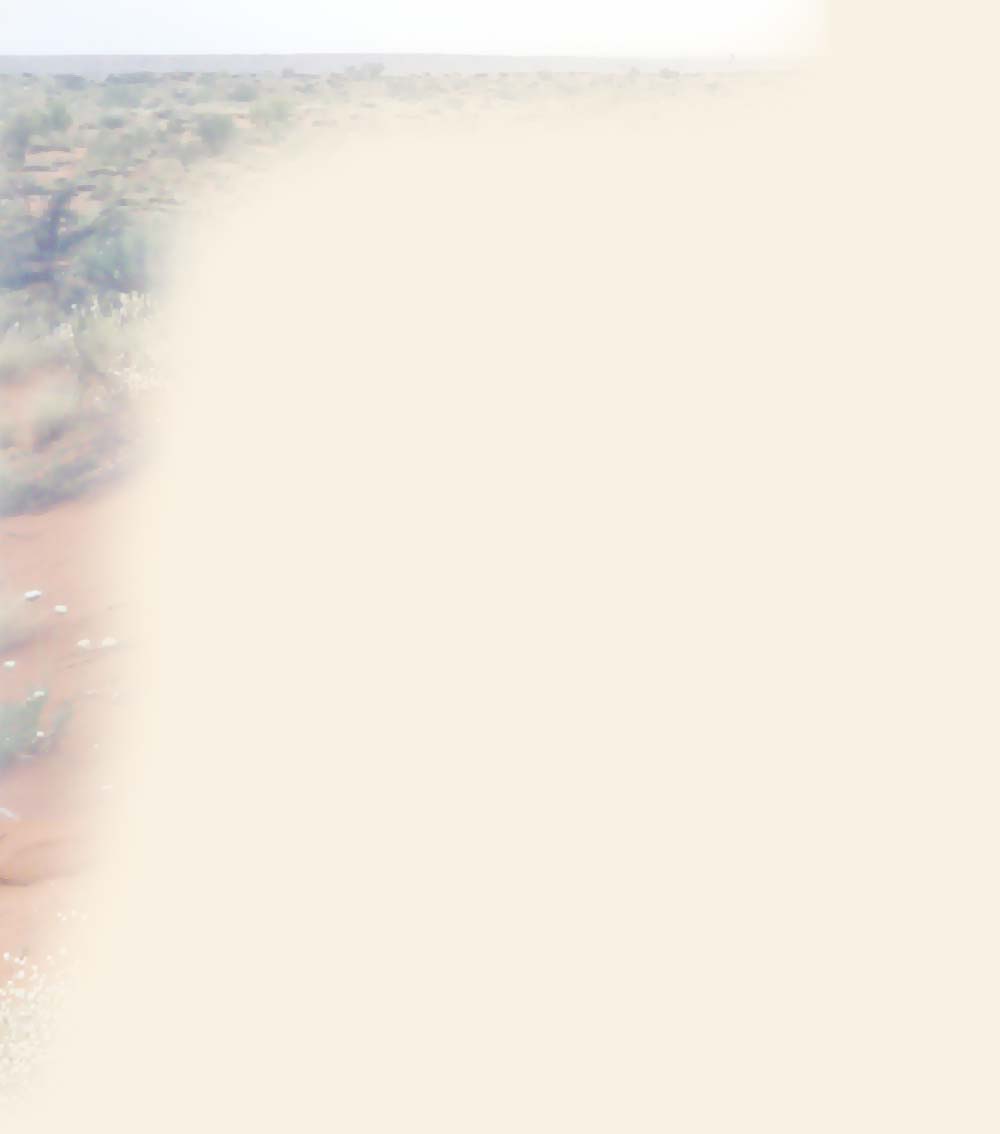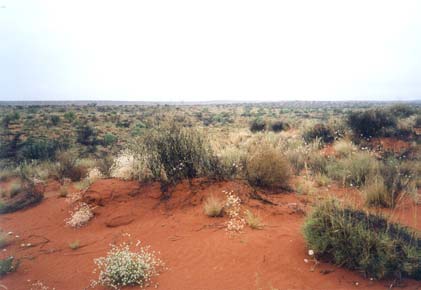 |
Julia, my Sister A YA novel for older readers, 15+yrs ‘Julia my Sister’ is a CBCA Notable Book, and was first published by Thomas Lothian, South Melbourne. My mind sweeps the desert as fast as my eyes fly to its horizons. In the shifting windows of her mind, is it possible for Julia Kelly to recreate the distant, elusive music of her core being, or is it buried too deep in the pain and the desolate places of the Simpson Desert? |
|
|
What's the book about? At the end of her Year 10, Julia Kelly, gifted music scholarship student at Killian Grammar School, Melbourne, is badly burned in a car crash. Severely traumatised by shocking burns and the loss of a rising career as a pianist, Julia attempts to cope by sending the scarred Julia to an imaginary place in the Simpson Desert, while retaining as herself, the undamaged 'Kate'. Julia spends most of Year 11 at home or in hospital recovering. She becomes obsessed with the Orpheus and Eurydice myth and writes a sixteen part Song Cycle based on this in an effort to reintegrate Julia and 'Kate' and to reinvent herself as a composer. In her determination not to become a victim, she seeks to 'change the ending' of the myth, (Orpheus' destiny and death). Julia's closest friend, Danica, from a tiny wheat town in Central Victoria, is also a scholarship student and fellow boarder. Danica works as a cleaner at the Royal Children's Hospital during the summer holidays while Julia is an inpatient. Both of them return to Killian Grammar for Year 12; Julia, following face reconstructive surgery. Julia realises she must regain charge of her dramatically changed life, and develop internal resilience to face the VCE exams, her future, her changing relationship with Ned, and her struggle to compose contemporary Australian music to her exacting standards. The libretto (16 poems) for the Song Cycle, 'Eurydice, my Sister' are presented in 'Julia, my Sister' as a VCE performance within the context of the book.
Comments from Bron Blake Some books are fun and easy to write, some, like 'Julia, my Sister' are trouble from day one! I wanted to speak to the reader on many levels - emotionally, physically and visually, as well as through music, poetry, myth and drama. However, most of the time I was working on it, I didn't know if I was writing a really good book or a disaster! In fact it wasn't until I'd heard from my publisher that it had been accepted, that I stopped worrying. I have tried to integrate the three parallel themes of the Orphean myth, Julia's poetry, and Julia's life, like a plaited cord, through the core of the book, each reflective of the other but an entity within itself. My greatest wish for this book is that young musicians, writers and performers, will take the core of the 'Eurydice, my Sister' poetry from 'Julia', and will be inspired to create their own performance from the bare bones of the song cycle and theatre piece which is presented in this book. Correspondence and Reviews of Julia, my Sister. 'I thought your portrait of Julia as a young composer was very believable. I'm now longing for her to show up as an applicant for my Department!' Written with sympathy and understanding, this is a compelling work, delving into the mind of a painfully hurt individual. Bronwyn Blake's writing is disturbing and gripping her characters are credible and real. Recommended for teenage readers The novel carefully and unsparingly documents her (Julia's) progress towards self-redemption and a new life. Prose is alternated with the libretto of a song cycle Julia writes about Eurydice and herself. It ends with a successful performance of the piece. Strong stuff.
home & books | about Bronwyn | faq | works in progress | links | guestbook | contact |
||

